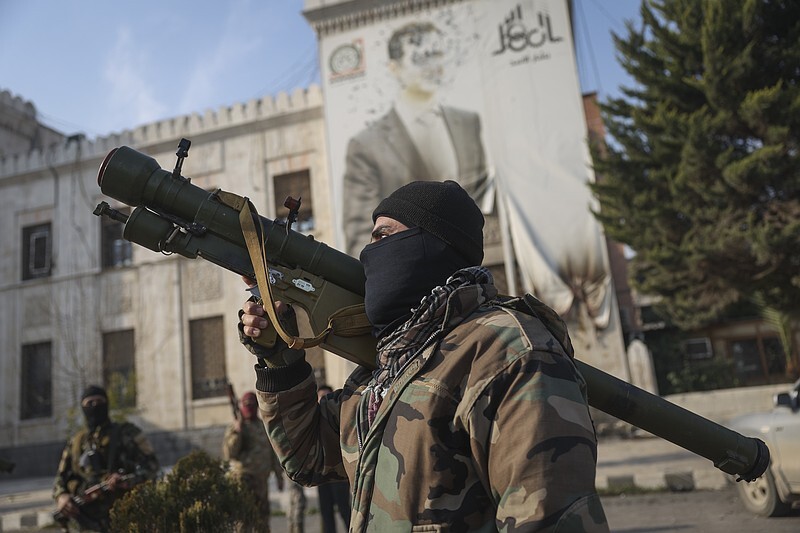The Intensification of Regional Rivalries in Syria
TEHRAN (Defapress) - Syria is currently undergoing significant transformations, ones that have not only had a profound impact domestically but also regionally.

Few could have imagined, even in the most pessimistic scenarios, that Ahmad al-Shara, known as Abu Mohammad al-Jolani, the leader of Hayat Tahrir al-Sham (formerly Al-Nusra Front), would ascend to the presidency after the fall of Bashar al-Assad's regime. This is a figure for whom the United States had placed a $10 million bounty for his capture!
The collapse of Bashar al-Assad's government and the seizure of power by al-Julani have introduced new players into the country's political arena. Consequently, there has been a noticeable increase in diplomatic visits to Damascus.
Sheikh Tamim bin Hamad Al Thani, the Emir of Qatar, was the first foreign leader to visit Damascus and meet directly with al-Jolani. This visit not only signaled a legitimization of Syria's new political structure but also conveyed an important message to other regional actors: Qatar continues to play a key role in Syria's developments and is prepared to support the new Syrian government.
While Turkey has focused its support on the Syrian National Army, Qatar has backed Hayat Tahrir al-Sham, which has been a staunch opponent of Bashar al-Assad's regime. Thus, the Qatari Emir's visit to Damascus indicates that Qatar intends to maintain its role in supporting Syria's transformations and has no intention of ceding ground to its regional rivals, particularly Saudi Arabia.
However, alongside Qatar, Saudi Arabia is also playing a role in Syria's developments and is keen not to lose its influence in the region. This is evident in the visit of Saudi Arabia's Foreign Minister to Damascus and, more significantly, in al-Julani's trip to Riyadh. This visit underscores that Saudi Arabia will have a prominent role in shaping Syria's political future and aims to outpace its rivals, such as Turkey and Qatar, in influencing Syria's trajectory.
With Saudi Arabia's serious entry into Syria's developments, the competition between Saudi Arabia, Turkey, and Qatar is intensifying. On the other hand, the UAE and Egypt, which have always viewed Islamist groups with skepticism, are likely to adopt a more conservative stance toward these changes.
Despite all this, no one can deny that the Islamic Republic of Iran is one of the region's most important and influential players, and its role in key regional issues cannot be overlooked. Accordingly, the Islamic Republic of Iran has consistently reiterated its principled stance of respecting Syria's unity, national sovereignty, and territorial integrity. It has emphasized that, in light of recent developments in Syria, determining the country's fate and decisions about its future must rest solely with its people, free from destructive external interference or imposition.
Achieving this requires preventing terrorist activities and initiating national dialogues with the participation of all segments of Syrian society to establish an inclusive governance structure.
